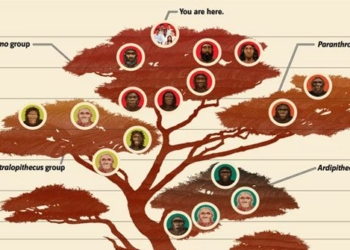According to Smithsonian magazine, these genetically modified mosquitoes were created by the biotechnology company Oxitec, and they are all male and incapable of biting.
In the remarkable advancement of science and technology, humanity has always dreamed of conquering diseases and protecting health. However, recent news about the release of 2.4 billion genetically modified mosquitoes in the United States has once again attracted widespread attention.
This astonishing number of insects was developed by a British biotechnology company named Oxitec to combat the spread of malaria, dengue fever, and the Zika virus, which threaten the world.
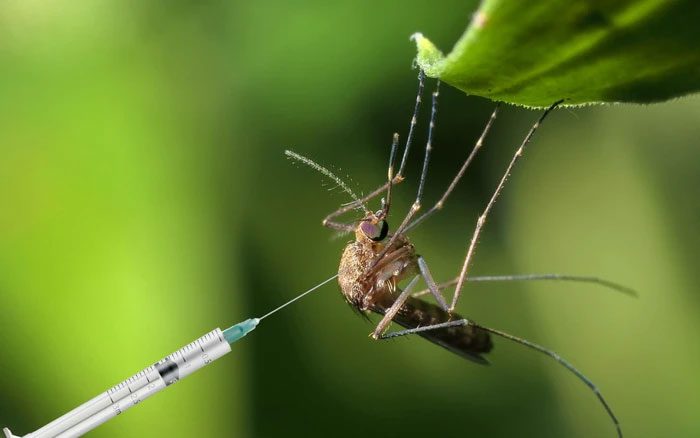
The biotechnology company Oxitec, based in the UK, has been authorized to release up to approximately 2.4 billion genetically modified mosquitoes by 2024, expanding existing trials in Florida and starting a new pilot project in California’s Central Valley, where there is a high mosquito population.
Why is the US releasing such a large number of genetically modified mosquitoes?
As global warming and human activities continue to increase, biodiversity is threatened, including traditional mosquito species. However, mosquitoes are a crucial link in many ecosystems, and their role in the food chain cannot be overlooked. By releasing genetically modified mosquitoes, scientists are attempting to control mosquito populations for environmental protection purposes. These genetically modified mosquitoes have the ability to eliminate wild populations automatically, thereby reducing their impact on the natural environment.
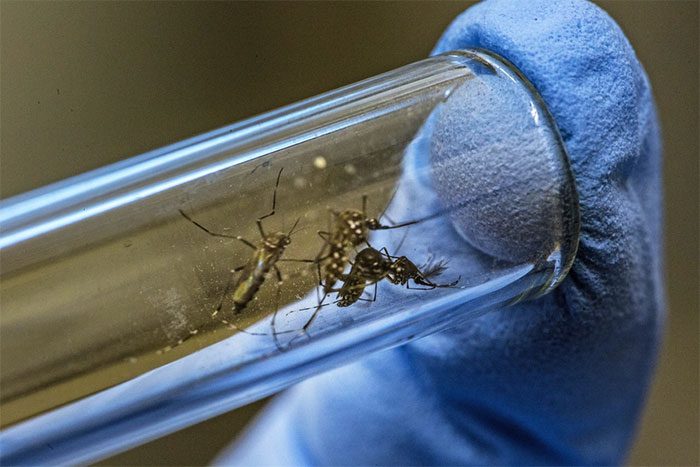
The mosquitoes created by Oxitec will be non-biting male Aedes aegypti, designed to only produce viable male offspring. Oxitec states that this plan will reduce the number of invasive Aedes aegypti species, which can carry diseases such as yellow fever and dengue fever.
Mosquitoes are important disease vectors in many parts of the world, carrying diseases like malaria and dengue, threatening human health. Traditional mosquito control methods such as chemical spraying are not only limited in effectiveness but can also have adverse effects on the environment and other organisms.
Therefore, releasing genetically modified mosquitoes is considered a more targeted and effective action. By altering the genes of mosquitoes, scientists can control mosquito populations by causing their offspring to die in the larval stage. This approach has great potential in reducing mosquito-borne diseases and providing a safer environment for humans.
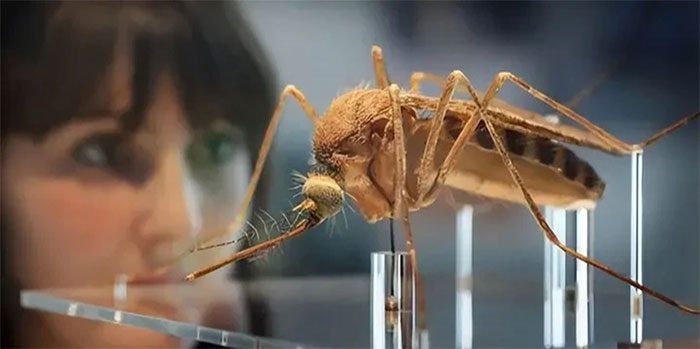
American scientists are releasing 2.4 billion genetically modified mosquitoes to reduce the spread of mosquito-borne diseases by mating with wild mosquitoes. These genetically modified mosquitoes carry a gene that causes early death in their offspring, thereby reducing the wild mosquito population. This method is considered a natural control method rather than an invasive one, as it does not use chemical pesticides.
By altering the genes of mosquitoes, scientists can study the relationship between mosquitoes and infectious diseases, gain a better understanding of how they transmit diseases, and develop more solutions for disease prevention and control. Additionally, releasing genetically modified mosquitoes offers an opportunity to explore the interaction between genes and the environments of other organisms, contributing to the advancement of environmental science and biology.
Despite the enormous potential of genetically modified mosquitoes, the release of these genetically modified organisms also requires careful handling. Scientists must thoroughly test and evaluate the safety of the genetic modifications in mosquitoes to ensure there are no unknown risks. Furthermore, monitoring and tracking the released mosquito populations is essential to ensure the effectiveness and long-term impact of the control measures.
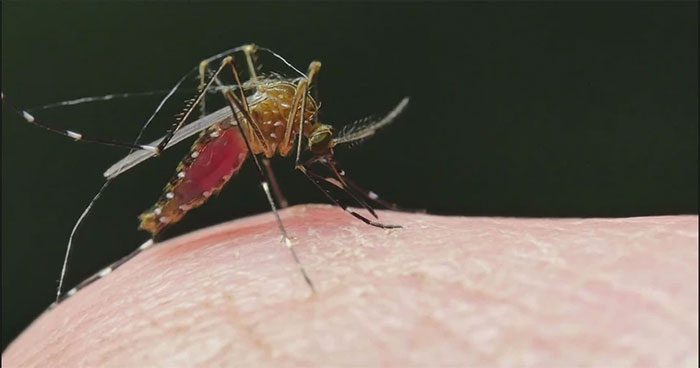
The release of these genetically modified organisms also requires careful handling. (Illustrative image).
Will the emergence of genetically modified mosquitoes affect the environment?
Genetically modified mosquitoes are those that use gene editing technology to introduce foreign genes into mosquitoes, thereby altering their genetic traits. This technology is designed to control the disease transmission capabilities of mosquitoes, such as by changing their lifespan, reproductive capacity, and ability to transmit viruses, thus reducing the spread of infectious diseases.
- Impact on non-target species: Although genetically modified mosquitoes are primarily used to control mosquito-borne diseases, in practical applications, they may also impact other insects or organisms. The research team believes that the impact on non-target species needs to be assessed and closely monitored to ensure environmental stability and ecosystem health.
- Genetic potential: Genetically modified mosquitoes may mate with wild mosquitoes if they escape into the natural environment. This could lead to the spread of genetically modified genes within wild mosquito populations, with unpredictable effects on the ecosystem. The research team is aware of public concerns regarding the environmental impacts of genetically modified mosquitoes and has implemented a series of measures to address these concerns.
- Safety assessment: The research team must conduct rigorous safety assessments before proceeding with studies on genetically modified mosquitoes. This includes a comprehensive evaluation of impacts on non-target species, potential risks related to gene flow, and long-term effects on the ecosystem.
Research indicates that released genetically modified mosquitoes can successfully transfer genes after mating with wild mosquitoes, resulting in early death for their offspring. After a trial period, the number of mosquitoes significantly decreased, and the risk of transmission of mosquito-borne diseases also declined. This result is considered an important breakthrough and is expected to be applied in other areas and in efforts to prevent and combat infectious diseases.
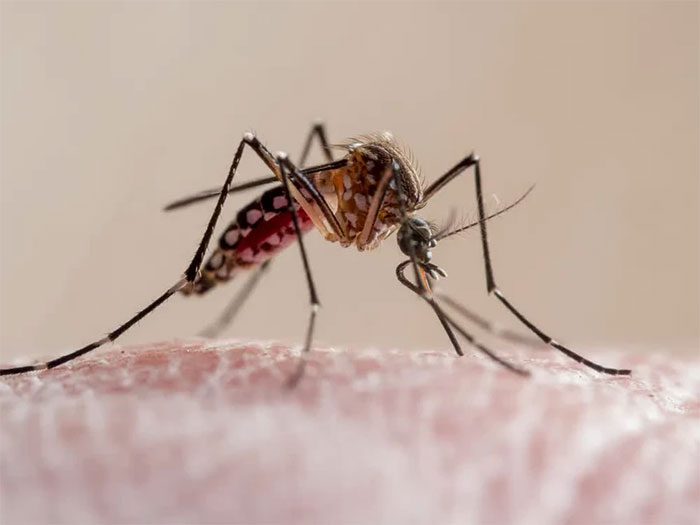
Genetically modified mosquitoes mating with wild mosquitoes, leading to early death of their offspring. (Illustrative image).
However, this experiment has also caused some controversy and justified concerns. First, some people worry that genetically modified mosquitoes may have unpredictable effects on the ecosystem and could create new problems. There are also concerns that genetically modified mosquitoes pose a threat to human health, despite studies indicating that they cannot transmit diseases. Additionally, whether releasing a large number of genetically modified mosquitoes will undermine the diversity of wild mosquito populations and further negatively impact the ecosystem still requires longer-term research.









































